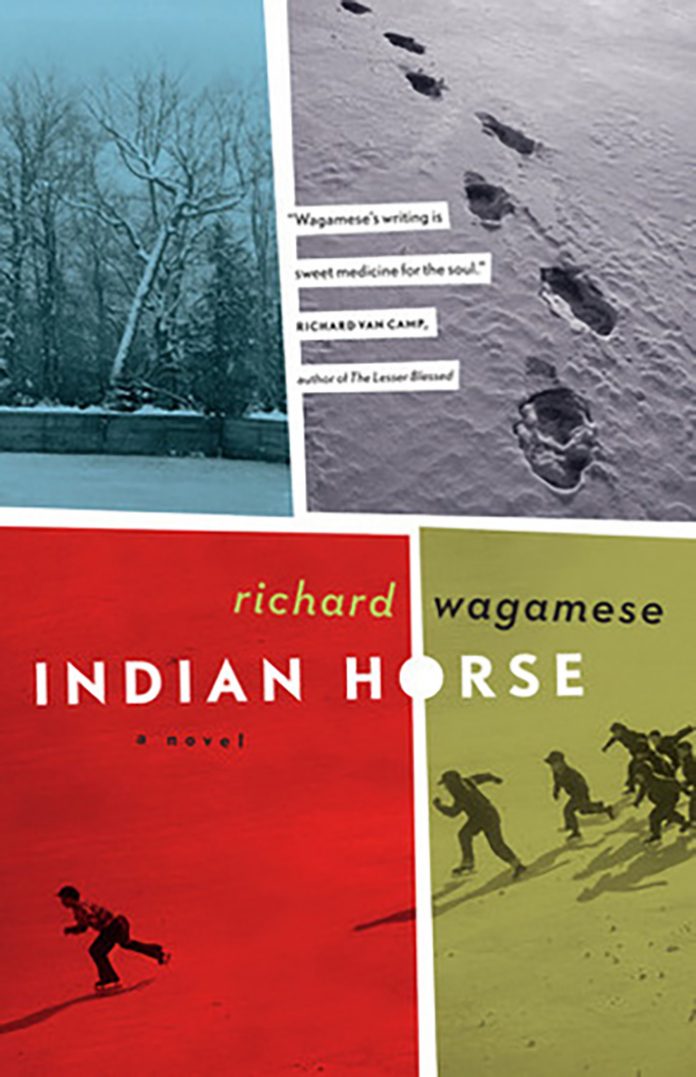The book Indian Horse by Richard Wagamese is a heartbreaking and remarkable journey through tragedy, resilience and the strength of self-discovery.
The story of Saul Indian Horse, an Ojibwe kid who was abducted from his family when he was eight years old and brought to a residential school where his culture and soul are ruthlessly destroyed, is profoundly explored in this book. However, despite all this sadness, there is still beauty and magic—a light that shines through what remains of lost traditions and broken spirits.
With stunning prose, Wagamese vividly depicts Saul’s journey through hockey. The sport offers him a sense of direction, community and an escape from the cruelty he encounters. Saul uses hockey and his teammates’ support to get through the challenging school environment and the racism he encounters as an adult. A scout offers Saul a chance to play for a junior A team in Toronto, giving him hope for a better future via the force of athletics but his past is never too far behind.
Saul’s battles with discrimination, rage and addiction are powerfully depicted by Wagamese. After years of using alcohol to dull his pain, adult Saul enters a rehabilitation facility, where he is urged to confront his past and the deep scars it has left. In this setting, Saul begins to understand true healing can only begin when he makes peace with the haunting memories he has long avoided. He must first rebuild his connection to his community and homeland. Only then can he find his way back to hockey and rekindle his love for the game.
Anyone who wants to comprehend the extent of these historical scars and the current difficulties of Indigenous communities should read Indian Horse. Although Saul’s journey serves as an upsetting example of the injustices Indigenous people must deal with, it is also a tale of hope and change.
The novel’s portrayal of Saul’s complicated upbringing is incredibly heartbreaking. His family fights to survive in the stunning but terrifying wilderness where they start their lives, hiding from the constant threat of white settlers. The reader is given the impression they are there with Saul, sharing his sadness, anxiety and love for his family because of the detailed descriptions of this desert and the heartache that goes along with it.
Saul’s love for hockey is sparked during his time at the residential school. His talent on the ice provides him with a little escape from the abuse and disregard he encounters. But even his athletic achievements can’t take away from the underlying pain that has troubled him all of his life. Indian Horse serves as a reminder that healing is an ongoing process and our past has the power to both transform and cause sorrow.
You will laugh, cry and consider the human ability to survive and recover after reading Indian Horse. A strong sense of connection to the natural world and the intensely personal journey of his characters is provided by Wagamese’s beautiful and honest writing. The book is about more than simply suffering: it’s about taking back one’s honour, facing one’s past and regaining a bond with one’s roots.
Indian Horse is a must-read for anyone seeking a book that tests the reader’s emotions. Long after you’ve finished reading it, you’ll still be reminded there is always hope for healing, regardless of how severe the wounds are.




